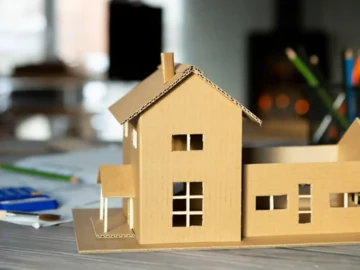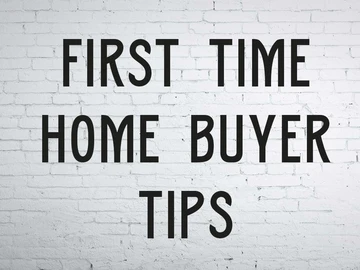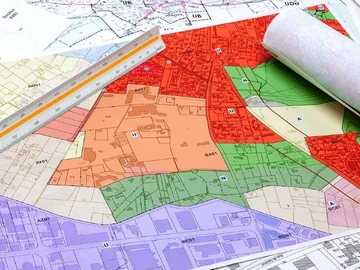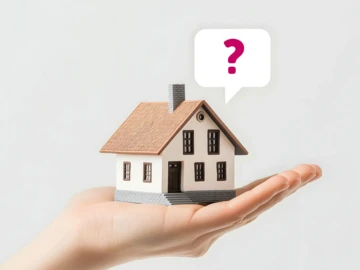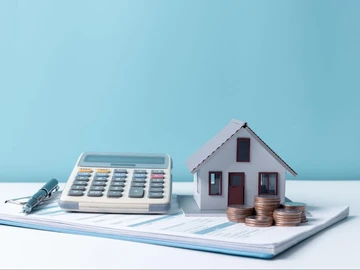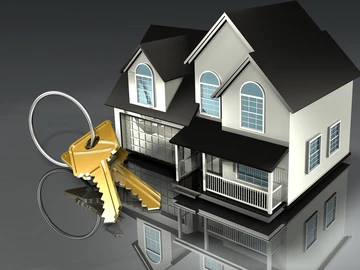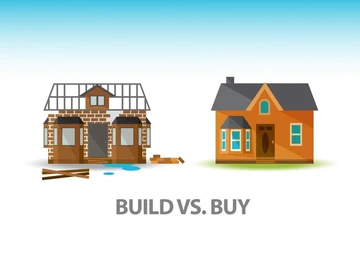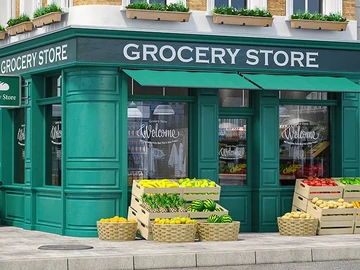Avoid Scams, Delays, and Legal Pitfalls by Understanding Your Land Rights
In Zimbabwe, owning property isn’t just about buying land or a house it’s about having the right documents that prove it. And nothing is more important than the title deed. Yet, a surprising number of buyers rush into deals without fully understanding what a title deed is, how to verify it, or why it’s essential.
According to 2024 Property.co.zw survey data, over 45% of disputes in the property sector involve ownership documentation issues, including fake or missing title deeds.
This guide will help you confidently navigate property ownership and avoid costly mistakes.
1. What Is a Title Deed?
A title deed is a legal document that proves ownership of land or property. In Zimbabwe, title deeds are issued by the Deeds Registry Office and confirm that:
- You are the legal owner
- The property is registered under your name
- You have full rights to sell, lease, or develop the land (within zoning limits)
Only title deed holders have indefeasible rights, meaning your ownership can’t easily be challenged in court.
2. Types of Property Ownership in Zimbabwe
1. Freehold (Title Deed): Full ownership of land and property - Common in established suburbs like Highlands, Avondale and Greendale.
2. Leasehold (99-year lease): Government/council retains land ownership while you lease it - Typical for peri-urban areas like Goromonzi and Beatrice.
3. Offer Letter: Grants temporary occupation rights without full ownership - Frequently used in resettlement schemes.
4. Cession/Agreement of Sale: Transfers usage rights without formal title - Common in unregularised settlements and some rural areas.
Only title deeds guarantee legal resale, inheritance, and access to formal bank loans.
3. Why Title Deeds Matter
Without a valid title deed:
- You can’t legally resell the property
- Banks won’t give you a mortgage or loan
- You may face ownership disputes or land invasions
- You risk losing your investment
Properties with title deeds sell up to 30% faster on Property.co.zw compared to those without.
4. How to Verify a Title Deed
Before making any payment:
- Request a certified copy of the deed
- Cross-check at the Deeds Office (in Harare, Bulawayo, etc.)
- Confirm the seller's name matches the deed
- Check for caveats, debts, or disputes registered against the property
Tip: Always engage a registered conveyancer or property lawyer to do the search on your behalf.
5. Red Flags to Watch For
Beware of:
- Sellers with only an offer letter but no deed
- “Deals” with no paperwork or unverifiable ownership
- Properties still under developer title but not yet transferred
- Fake or altered deeds
Over 100 fraud cases were reported in Harare alone in 2023, many involving fake deeds or double sales.
6. What Is a Cession or Agreement of Sale?
In some areas, especially new developments, buyers get an agreement of sale or cession of rights from a developer or council. This:
- Gives temporary rights to occupy the land
- Doesn’t give full legal ownership
- Can’t be used for a mortgage
- Requires formal transfer to get a title deed
Always ask: “When will the title deed be issued?”
7. How to Transfer a Title Deed
Steps to get the deed into your name after buying:
- Sign a Sale Agreement
- Pay relevant taxes (e.g. Capital Gains Tax)
- Seller provides original deed and clearance certificates
- A registered conveyancer submits documents to the Deeds Office
- You receive your title deed (process can take 30–90 days)
Budget for legal and transfer fees of approximately 4–6% of the purchase price.
8. Diaspora Buyers: Be Especially Careful
If you’re buying from abroad:
- Assign Power of Attorney to a trusted representative
- Work only with registered agencies
- Avoid unregistered deals that promise cheap land without verified paperwork
Many diaspora investors fall victim to scams due to lack of due diligence or desperation to buy “back home.”
Final Thoughts
Whether you’re buying a stand in Ruwa, a cluster in Borrowdale, or a flat in Avenues title deeds matter more than location or price. Without one, your “ownership” may only exist on paper or trust.
Before committing, use Property.co.zw to search verified listings and access suburb price trends. And always work with a registered conveyancer to secure your investment legally and confidently.
 Continue with Facebook
Continue with Facebook
 Continue with Email
Continue with Email





